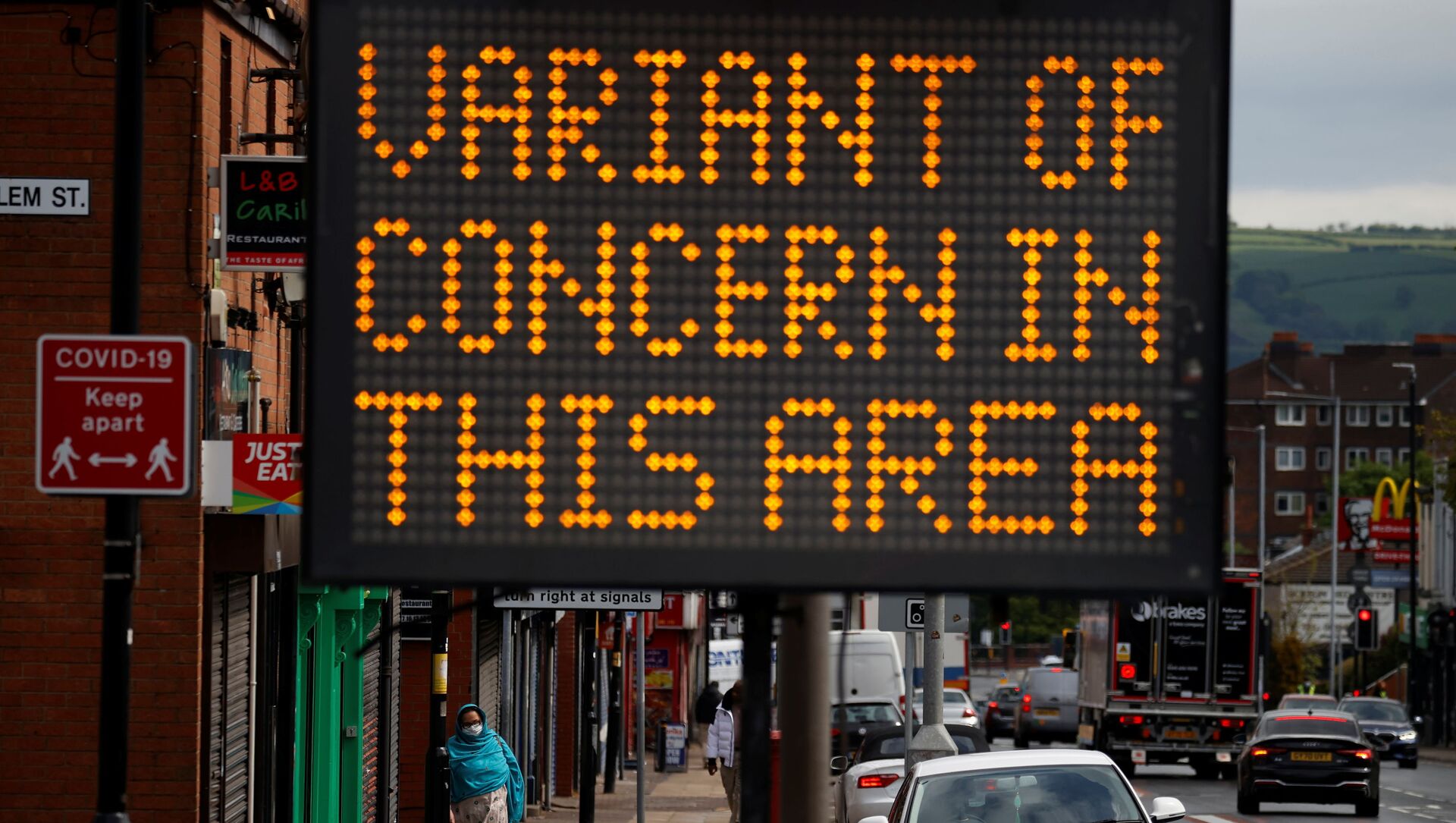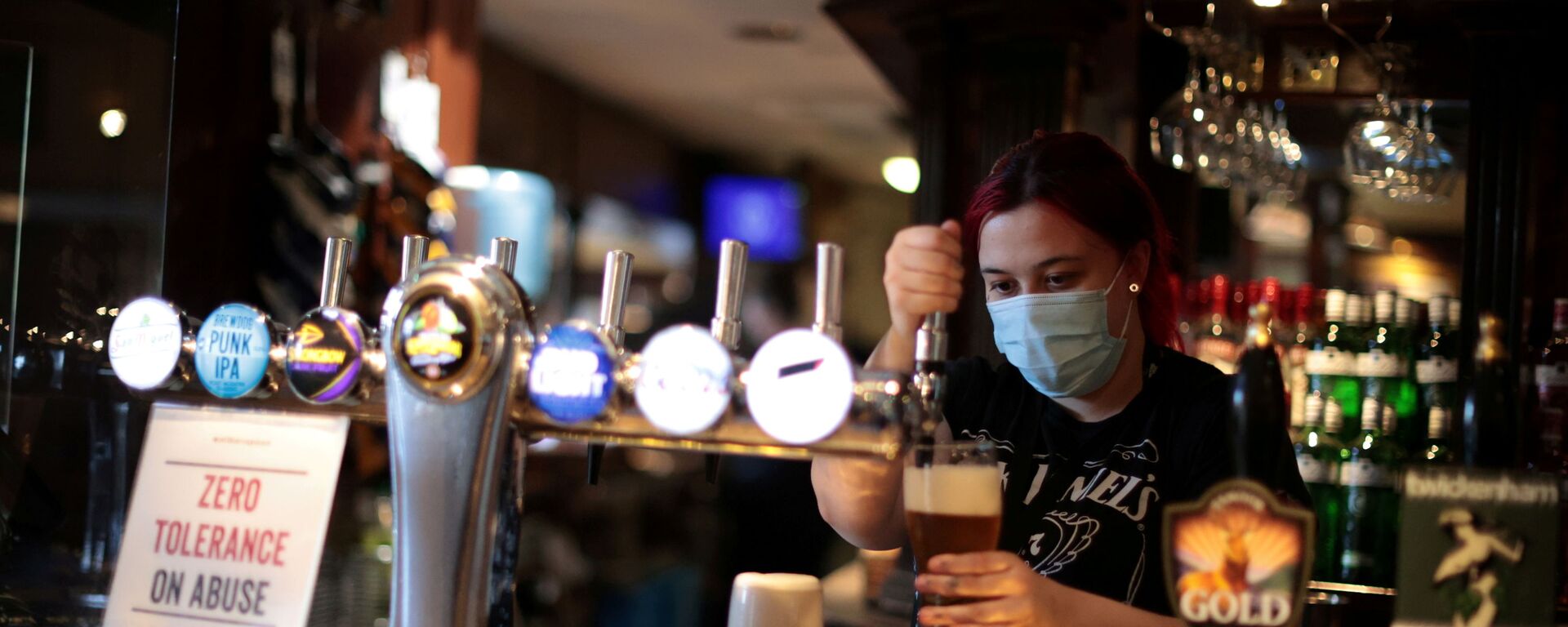Experts have urged the British government to "over-react" to the 'Indian variant' of COVID-19 — despite lacking proof that it is more infectious than previous strains.
Documents released by the government's Scientific Advisory Group for the Emergencies (SAGE) on Friday revealed that a group of leading epidemiologists admitted that they could not "conclude with any certainty" that the B.1.617.2 'Indian' variant was indeed spreading 40 percent faster, as has been claimed.
The Joint Universities Pandemic and Epidemiological Research Group (JUNIPER) cautioned that an apparent higher transmission rate could be put down to differences in social mixing patterns from area to area, random 'superspreader' events, or just increased "case finding activity" by Public Health England (PHE) — more testing, in other words.
But JUNIPER insisted that "the risk of over-reacting is small compared to the potential benefit of delaying the third wave."
The JUNIPER paper was available to the government days before PM Johnson warned that the country could be forced to make "hard choices" in response to the pandemic mutation.
But this week, Johnson has sounded increasingly confident that the fourth and final stage of lifting the lockdown in the UK will go ahead on the scheduled date of June 21, despite previous warnings over the new variant.
That assertion reportedly followed data showing that COVID-19 is now only the ninth-biggest killer in the UK — and that the mortality rate in England had fallen to its lowest level in 20 years, despite the pandemic.
That drop has been credited to the country's rapid immunisation programme, with 71 percent of UK adults having had at least one dose and 41 percent the booster shot, as of Thursday evening. Johnson said on Wednesday that the government was confident that the jabs now in use are effective against the known new strains.
Just over 127,500 deaths in the UK have been attributed to COVID-19 since the first case was recorded in January 2020, with 4.4 million infections tallied.



